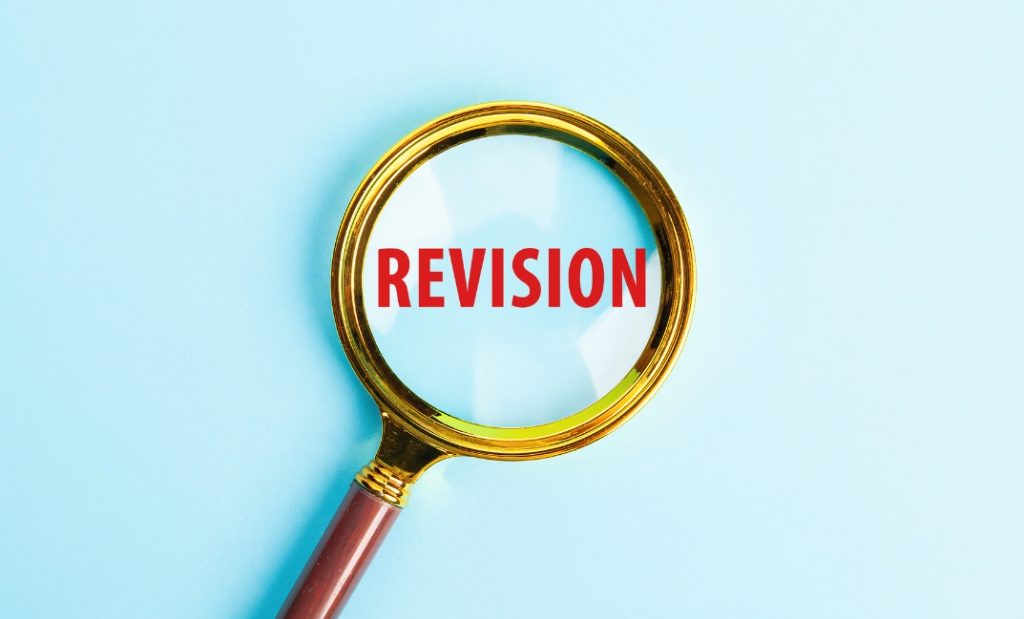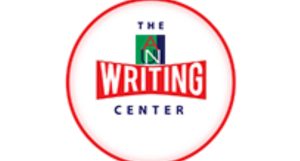Revision is a crucial step in the writing process. It should be addressed by students eager to finish their assignments. Effective revision can transform a rough draft into polished writing, communicating ideas clearly and persuasively. Coordinating ideas and clearly distinguishing connected elements of a write-up can be challenging. Hence, the Writing Center is here to support you as you learn how to strengthen sections of your essay.
Explore below the key strategies for revising your work to enhance its clarity, coherence, and overall impact.
Before diving into revisions, take some time away from your writing. Distance yourself from the text by setting it aside for a few hours or even a day. This break allows you to return to your work with a fresh perspective, making it easier to identify areas that need improvement.
It also helps to give yourself enough time to work on your paper. Starting a comprehensive essay a day or hours before it is due will cause you to take shortcuts and churn out whatever you can instead of employing these effective revision strategies. Therefore, give yourself ample time, according to the volume of the work, to polish it to be the best it can be.
When revising, prioritize addressing higher-order issues such as thesis clarity, organization, and overall argumentation. Ensure your main idea is clear and effectively guides the reader through your paper. Evaluate the logical flow of your sentences and consider whether each paragraph contributes to the development of the overall argument.
As you review your writing, please pay close attention to the strength of your arguments and the evidence supporting them. Look for areas where you can provide additional support or clarification to strengthen your points. Make sure that your arguments are logical, well-supported, accurate, and persuasive.
Once you’ve addressed these concerns, focus on refining your language and style, as you must remember the purpose and audience for your paper. Look for opportunities to improve sentence structure, eliminate wordiness, and enhance clarity. Consider whether each word and phrase contributes meaningfully to your message or if it can be replaced with something more precise.
Ensure that your writing is consistent and coherent throughout. Check for terminology, spelling conventions, formatting, and citation style consistency. Ensure that transitions between paragraphs are smooth and that each paragraph logically follows the previous one. Pay attention to the overall organization of your paper and make adjustments as needed to improve coherence.
Don’t hesitate to seek feedback from peers, instructors, or Writing Center tutors and staff during revision. Fresh eyes can offer valuable insights and suggestions for improvement that you may need to look into. Be open to constructive criticism and use it as an opportunity to refine your writing further.
Finally, before submitting your revised work, take the time to proofread it carefully and to read it aloud to yourself the way it is. These activities will help you identify overlooked grammar, punctuation, spelling, typos, and formatting errors. Using text-to-speech software can also assist you in detecting any awkward phrasing or inconsistencies. But as with any other technology, double-check to ensure that what you are about to submit is what you meant.
Effective revision is essential for transforming your writing from good to great. By following these strategies and revising thoughtfully, you can polish your writing for clarity and impact, ensuring that your ideas shine through to your readers. Remember that revision is a process, and each round brings you one step closer to achieving your writing goals.
Somtochukwu Dan-Okereke,
Software Engineering Major



